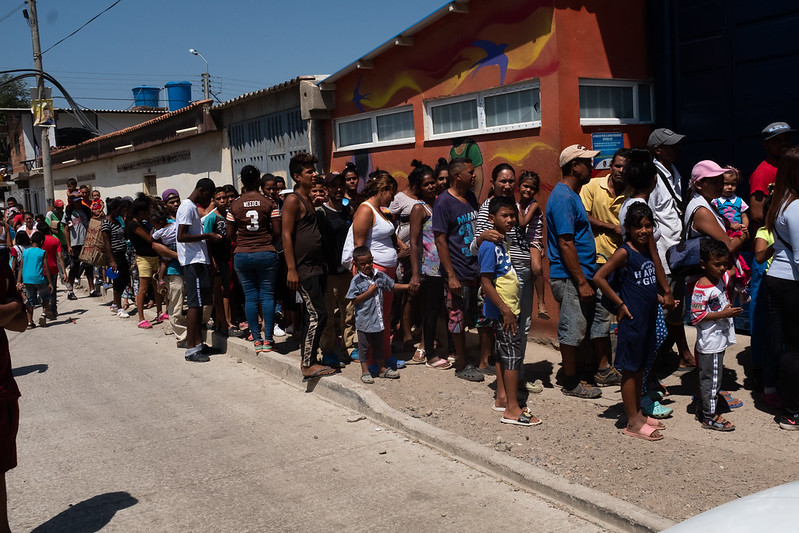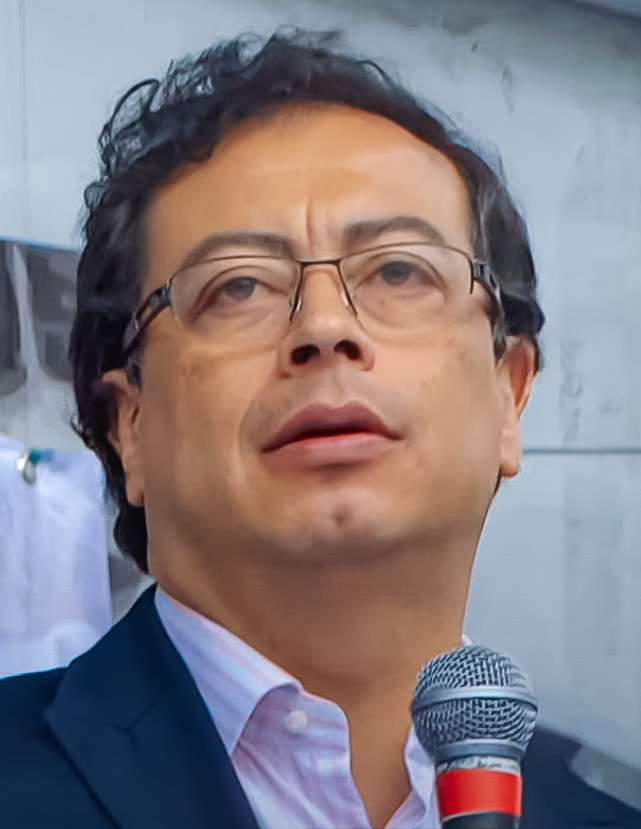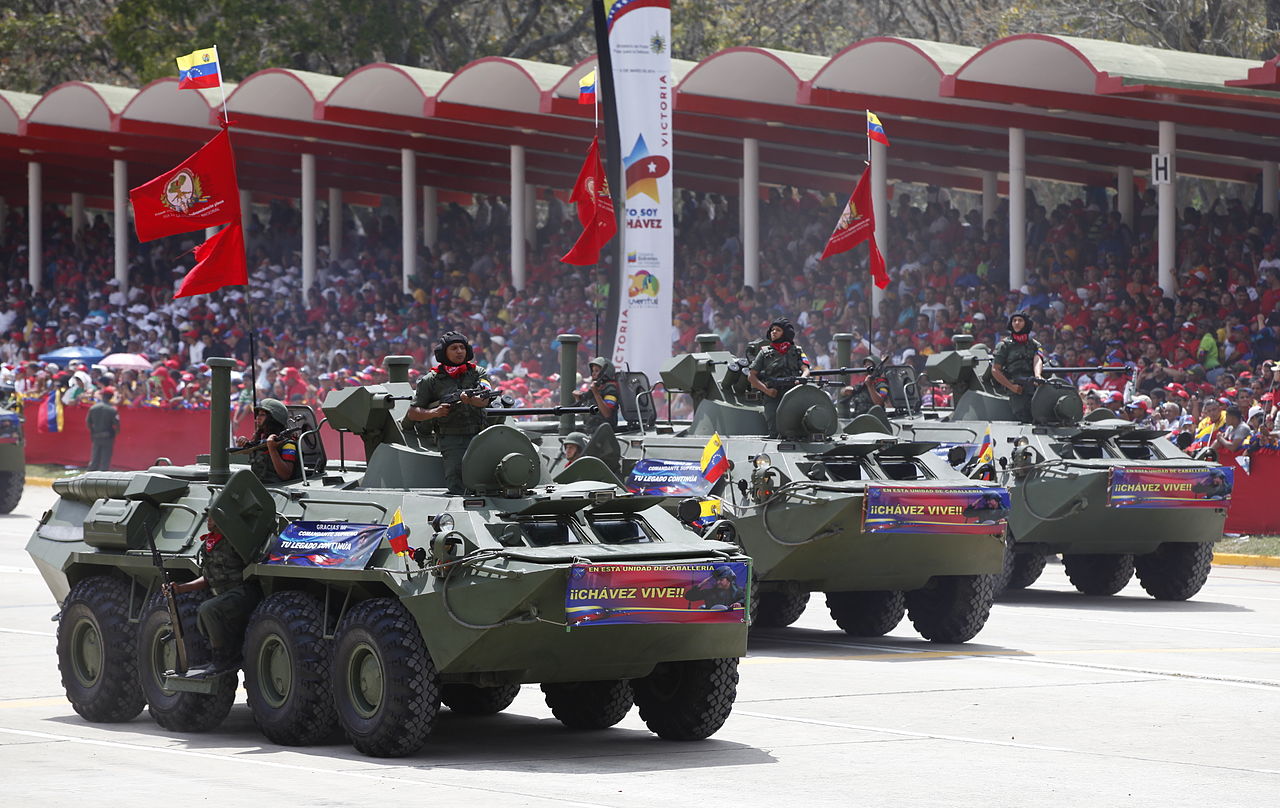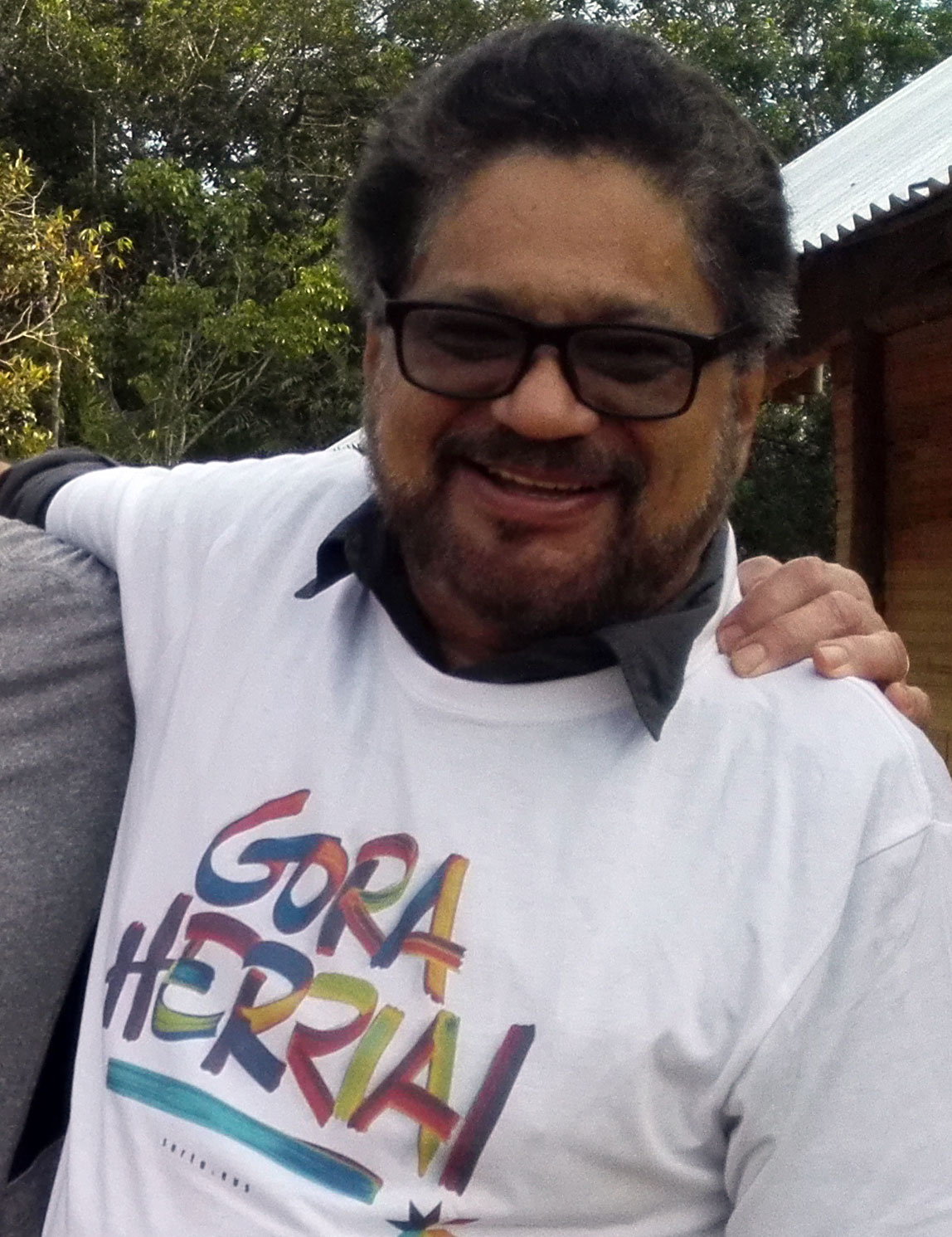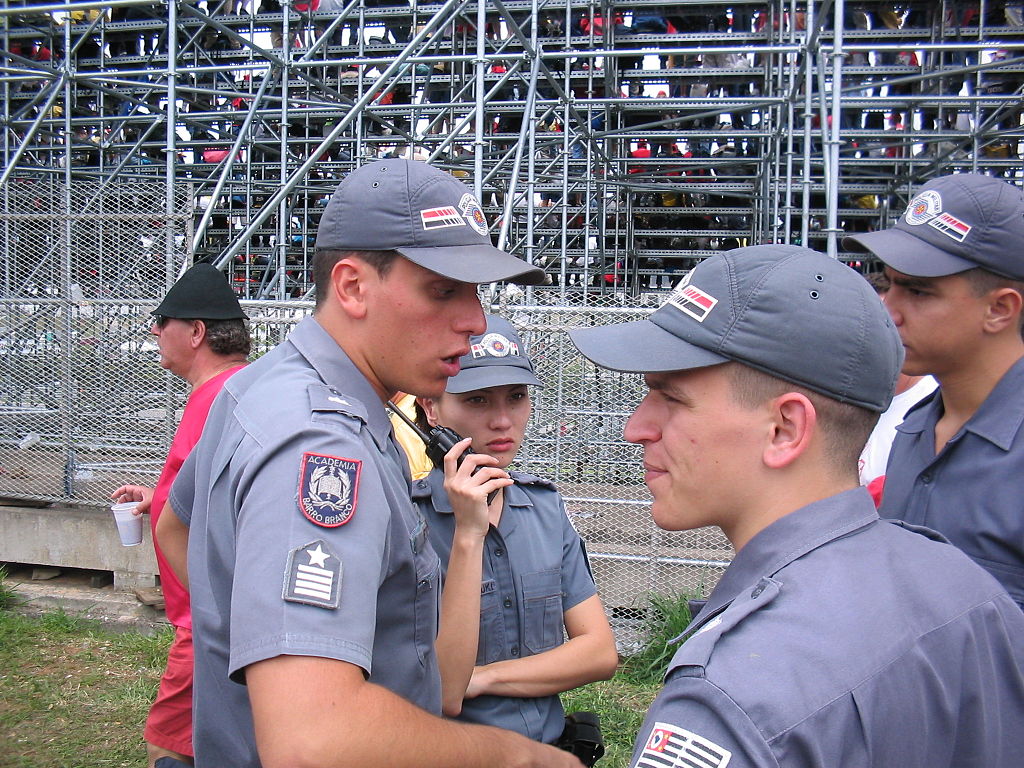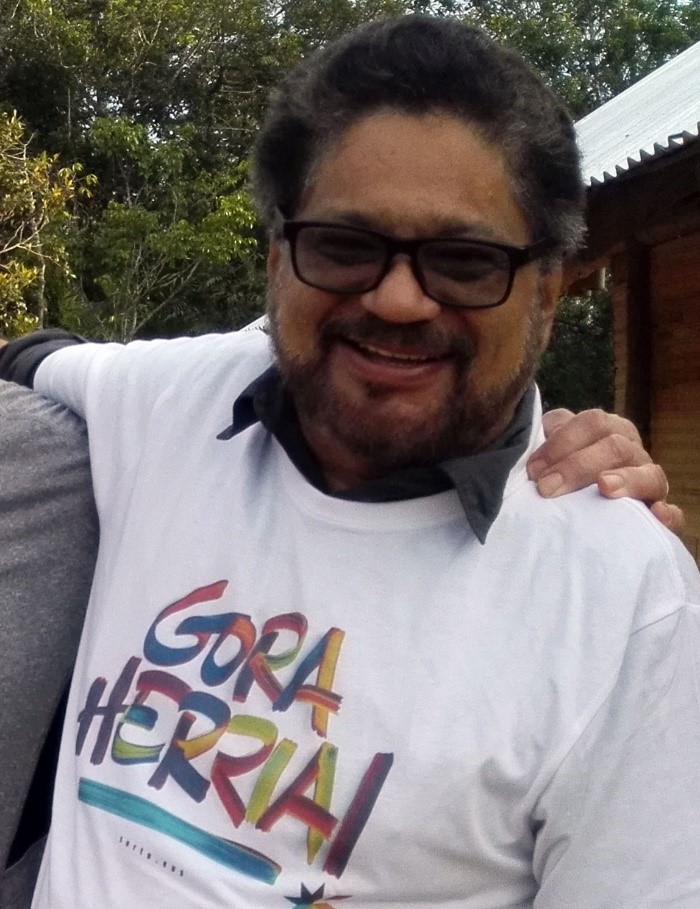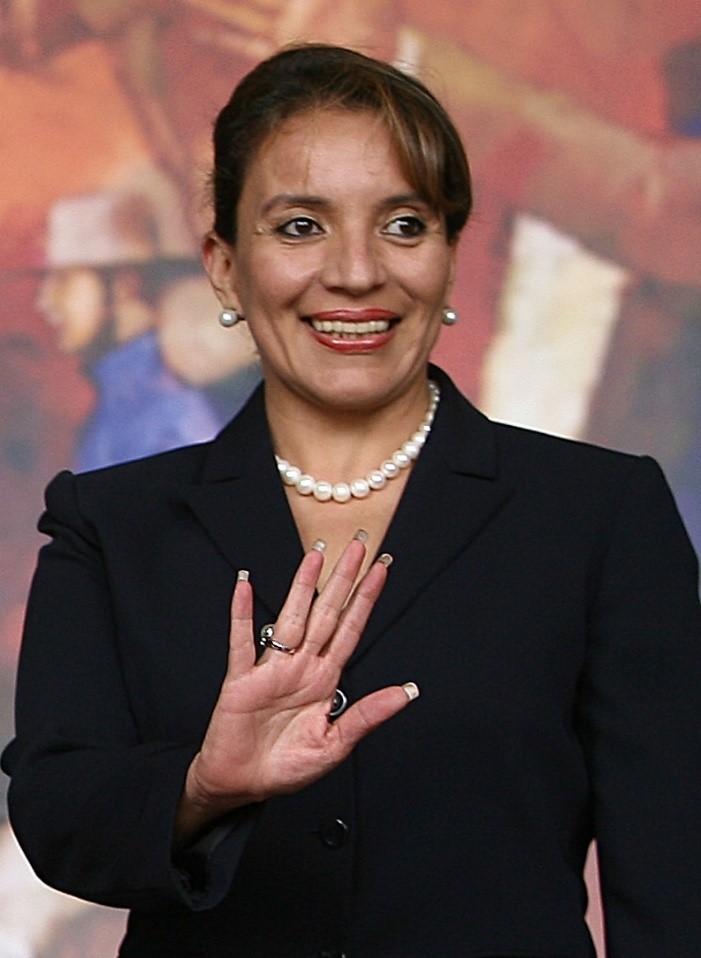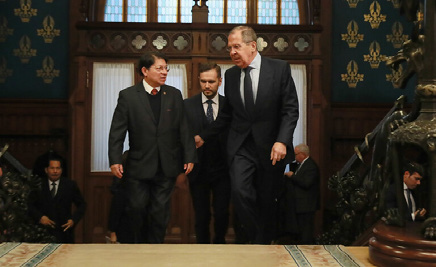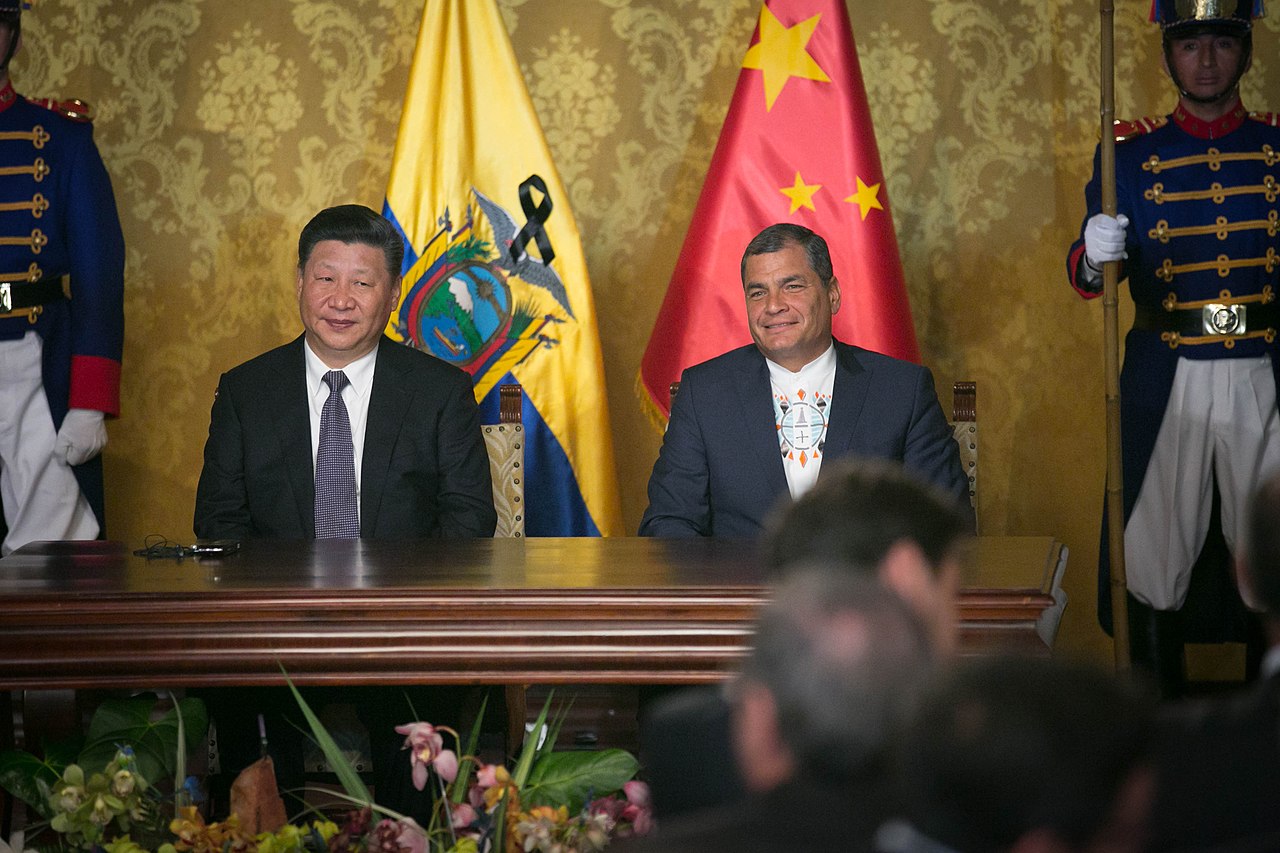
Chinese President Xi Jinping and former Ecuadorian President Rafael Correa sign 11 cooperative agreements during a state visit in 2017.
“The idea is that part of the oil is released, and it is allowed to be sold at market price, which is an additional benefit for Ecuador. And with those resources, the president can further strengthen social investment.”
Ecuador is performing a balancing act as it undertakes a strategic review of its with China while making overtures to Washington. Under President Rafael Correa (2007-2017), Ecuador racked up billions in debt, with China as the country’s largest lender. Since Correa’s departure, Ecuador has struggled to repay China, making repeated requests to restructure debt deals. In contrast, current President Guillermo Lasso recently announced the renegotiation of Ecuador’s debt, reports center-right daily El Universo. According to the article, the agreement will free Ecuador’s oil production, previously tethered to the repayment of the Chinese debt, to be sold on the spot market. The newspaper notes that this should provide additional revenues for the government, which it badly needs to invest in both social programs and to combat rising insecurity and criminality. The debt renegotiation is part of a broader repositioning of the Ecuador-China relationship, notes another El Universo article. One large source of debt is the Coca Codo Sinclair Dam project, which has generated controversy throughout the country. The project is mired in cost overruns, environmental degradation, and questions over the structural integrity of the infrastructure (it has thousands of cracks and is unstable). As a result, a review commission within Ecuador’s government recommended a rejection of the project, with a threat to withhold repayment of the loan that financed it if China does not fix the structural deficiencies.
Sources:
“Presidente Guillermo Lasso anuncia renegociación de deuda con China en Nueva York (President Guillermo Lasso announces debt renegotiation with China in New York),” El Universo (one of Ecuador’s largest dailies, generally seen as center-right), 19 September 2022. https://www.eluniverso.com/noticias/economia/presidente-guillermo-lasso-anuncia-renegociacion-de-deuda-con-china-en-nueva-york-nota/
The government… said that, in general, these agreements represent a relief of $1.4 billion in debt service for Ecuador until 2025, since amortizations to the China Development Bank will be reduced by more than $745 million over the next three years and amortizations to Eximbank will be reduced by about $680 million over the next four years… The idea is that part of the oil is released and it is allowed to be sold at market price, which is an additional benefit for Ecuador. And with those resources, the president can further strengthen social investment.
“Informe de Fiscalización recomienda no recibir central Coca Codo y revisar designación del Ministro de Energía por conflicto de intereses (Audit report recommends not receiving Coca Codo Sinclair Dam and reviewing the appointment of the Minister of Energy due to conflict of interest),” El Universo (one of the country’s largest dailies, generally considered center-right), 9 September 2022. https://www.eluniverso.com/noticias/economia/informe-de-fiscalizacion-recomienda-no-recibir-central-coca-codo-y-revisar-designacion-del-ministro-de-energia-por-conflicto-de-intereses-nota/
At least 121 conclusions and 13 recommendations, which include asking the President of the Republic, Guillermo Lasso, that his government reject the work of the Coca Codo Sinclair hydroelectric plant (due to its multiple structural problems) and that it review the appointment of the current Minister of Energy, Xavier Vera Grunauer, for allegedly having a conflict of interest, came out of a final report of the investigation carried out by the Supervisory Commission of the National Assembly, on the contract and construction of the largest hydroelectric power plant, the Coca Codo Sinclair Dam.
Image Information:
Image: Chinese President Xi Jinping and former Ecuadorian President Rafael Correa sign 11 cooperative agreements during a state visit in 2017.
Source: https://commons.wikimedia.org/wiki/File:Ecuador_y_China_firman_11_convenios_de_cooperaci%C3%B3n_(30958228411).jpg
Attribution: CCA BY 2.0

